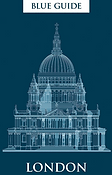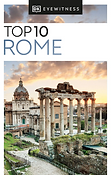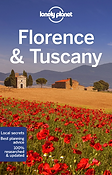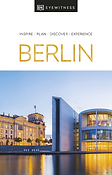
travel guides
Traveling to Europe, an amalgamation of rich history, vibrant culture, and varied geography, can be an experience of a lifetime. Amidst the excitement, one tool often overlooked yet can significantly enhance this experience is a good guidebook. In the digital age where information is at our fingertips, one may question the relevance of a guidebook. Yet, its intrinsic value holds a firm place in a traveler's toolkit.
A good guidebook is much more than a collection of information; it's a curated resource that helps you navigate the diverse fabric of European destinations. It provides insightful knowledge on customs, etiquette, and language that can ensure your interactions with locals are respectful and engaging, fostering a more immersive cultural experience.
Moreover, guidebooks offer an in-depth understanding of a city's layout, highlighting major landmarks, hidden gems, local markets, and more. They can save you time and energy, making your travel more efficient and enjoyable. Being equipped with such knowledge can help you maneuver the winding cobblestone streets of cities like Rome or the intricate canal system of Amsterdam, enhancing your overall navigation experience.
Good guidebooks also include crucial information about local public transportation, roadways, and walking routes. This can greatly ease the stress of travel, particularly in busy city centers such as London or Paris. Moreover, they provide details about operating hours, admission prices, and tips to beat the crowd at popular tourist spots, allowing for seamless planning.
In terms of practicality, guidebooks have a major advantage – they don't require a Wi-Fi connection or data roaming. Whether you're atop the Swiss Alps or in a remote Greek village, your guidebook remains a reliable source of information. Plus, the act of flipping through the pages, making annotations, and bookmarking important sections has a certain charm that digital platforms cannot replicate.
Guidebooks also offer valuable advice on local cuisine and accommodations. They outline the best places to eat, ensuring you get a taste of authentic local food. They also provide information about lodging options catering to all budgets, from high-end hotels in cosmopolitan cities like Berlin to charming B&Bs in idyllic towns like Hallstatt.
The key is to find a guidebook that aligns with your travel goals and preferences. Some guidebooks cater to luxury travel, while others cater to backpackers or those seeking off-the-beaten-path experiences. It's crucial to do your research and find a guidebook that fits your unique needs.
In conclusion, investing in a good guidebook is like securing a well-versed local companion for your European adventure. It doesn't diminish the element of surprise and discovery; instead, it enhances it by providing context, convenience, and confidence. The value of a good guidebook extends far beyond its price, offering a return in the form of enriched experiences and cherished memories. So before embarking on your European journey, consider equipping yourself with a guidebook - an underrated tool that can greatly magnify the joy of exploration.

europe travel guides

great britain and london travel guides

france and paris travel guides

spain and madrid, barcelona travel guides

italy and rome, milan, florence, venice

istanbul, turkey travel guides

amsterdam, the netherlands travel guides

berlin, germany travel guides



























































































